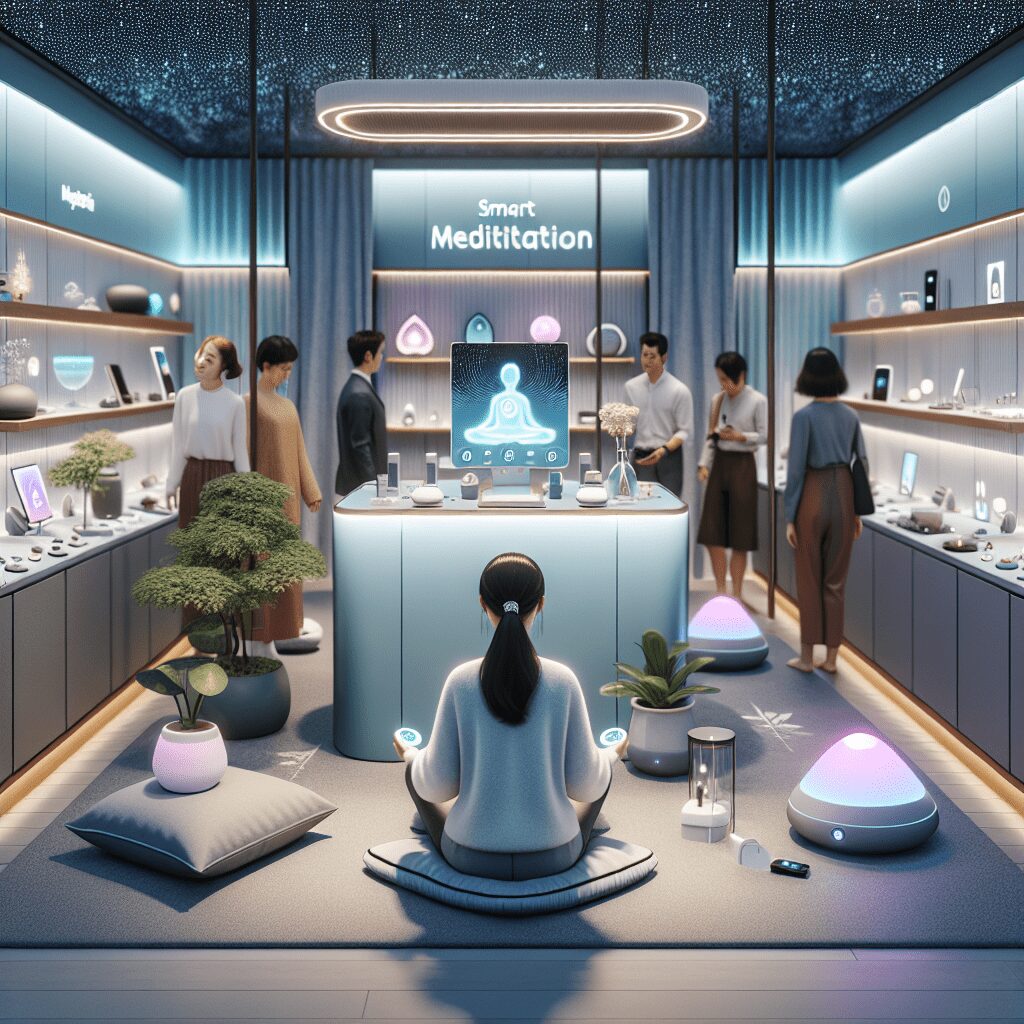
Prioritize your mental well-being daily. Enhance your life by nurturing your mental health with the Smart Meditation app. Break free from stress, alleviate anxiety, and enhance your sleep quality starting today.
Does Recess Reduce Stress?
Unwinding in the Playground: Does Recess Cut Down on Stress?
Ah, recess! That magical time during the school day that had you bolting out the door, itching to get a piece of the action – whether it was conquering the monkey bars or kicking up a storm in a game of soccer. But, aside from the clear physical benefits and the sheer joy it brings, have you ever stopped to ponder over its potential stress-busting powers? Let’s dive deep into the heart of playtime to uncover if recess really is the secret weapon against stress it’s cracked up to be.
The Science Behind Play and Pressure
First things first, let’s get down to the nitty-gritty. What’s going on in our bodies when we swap the pencil for the playground? Well, it turns out, quite a bit. Engaging in physical play doesn’t just rev up your heart rate; it also has some rather impressive effects on the brain. You see, when we’re out there, giving it our all in a game of tag or hopscotch, our brain starts to pump out endorphins—those feel-good neurotransmitters that are akin to nature’s painkillers. But wait, there’s more! Physical activity also plays a role in reducing the levels of cortisol, AKA the stress hormone, swishing around in our bodies.
Now, let’s talk turkey about what this means for our pint-sized players. A study from the Pediatrics journal put this theory to the test, observing kiddos during their daily dose of recess. The findings? Children who indulged in regular recess breaks were observed to have improved social skills, behavior, and – you guessed it – lower stress levels. It’s not rocket science; when kids have the chance to let off some steam and engage in free play, they’re essentially hitting the reset button – allowing them to return to class more focused and a heck of a lot more zen.
Recess: The Ultimate Stress-Buster?
So, here’s the million-dollar question: Does recess unequivocally reduce stress? It sure seems like it. But hey, don’t just take my word for it. There’s a whole heap of evidence suggesting that recess is more than just fun and games; it’s a crucial cog in the wheel of emotional and physical well-being.
-
Mental Reset: Imagine sitting through back-to-back episodes of the most mind-numbing TV show. Now, replace that feeling with the monotony some kids feel during a long school day. Recess acts as a much-needed intermission, a mental palate cleanser if you will, allowing kids to boot stress to the curb and go back to their lessons with a fresh set of eyes.
-
Social Butterfly Effect: Recess isn’t just about burning off those extra energy reserves. It’s where the magic of social interaction happens. Playing together teaches kids the ins and outs of teamwork, empathy, and communication – vital skills that can help navigate the often choppy waters of stress and anxiety.
-
The Great Outdoors: Let’s not overlook the power of simply being outside. Swapping artificial light for a dose of sunlight can boost vitamin D levels, further contributing to a happy, stress-free state of mind.
And there you have it, folks. While recess may seem like child’s play (pun very much intended), its benefits stretch far beyond the playground. Reducing stress is just one of the many crucial roles recess plays in a child’s development. In a world where the pressure to perform is felt from a tender age, ensuring that kids have ample time to play and decompress is more important than ever. Go ahead, ring that recess bell loud and clear, and let the stress-melting games begin!





